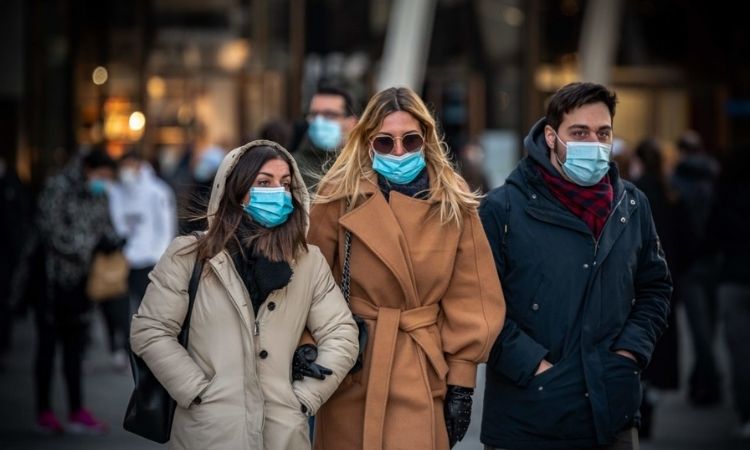
Covid Has Affected Mental Health in Massachusetts
COVID-19 is a deadly pandemic virus that has touched every corner of this nation. How has COVID affected mental health? COVID-19 related shutdowns have caused businesses to close, lost jobs, and deaths of loved ones. This article discusses how the COVID-19 pandemic has affected mental health in the state of Massachusetts. While the full extent of the pandemic on mental health has yet to be realized, there are some early indicators of the impacts.
Many People Believe Their Mental and Physical Health Declined
When surveyed, many people express their beliefs that their mental and physical health declined. This seems particularly true for young adults impacted by job losses and who lack access to affordable healthcare. Sitting at home alone isolated for over a year is bad for both your physical and mental health. For every story of someone who embraced the pandemic as an opportunity to work on their health by starting an at home gym, there are dozens of people that stopped exercising and having interactions with other people. As much as exercise is linked to physical health, it’s also linked to mental health. By limiting certain activities due to the pandemic, it’s difficult to find opportunities to encourage mental health. Social interactions, regular employment, and exercise are all ways to buffer against depression. The pandemic limited all of these for many people.
Not Everyone Experienced the Pandemic in the Same Way
Research shows that your age, race, ethnicity, and socioeconomic status played a part in how the pandemic impacted you. Everyone was impacted in some way. However, the severity of the impacts varied based on these factors. For instance, a retired, married couple would not be impacted by job loss and the subsequent financial impacts. A single mom with three kids working in the hospitality industry who lost her job, as a result, may face homelessness and debilitating income loss. Both groups might suffer from mental health issues as a result of the pandemic, but the single mom is at a higher risk of developing depression.
More Drinking
People drank more alcohol than before the pandemic. This is due to many factors including a lack of other things to do. Instead of going to a bar with friends to socialize, some people drank at home. Many of these people drank alcohol alone. There are established links between alcohol consumption and depression. This trend also adversely impacted mental health.
Adverse Effects of Depression
Many people found themselves suffering from depression during the pandemic. Once all pandemic precautions are lifted, the effects of depression won’t just go away. Often, people need depression treatment to overcome adverse symptoms. Some adverse effects of untreated depression include:
- Insomnia
- Fatigue
- Weight gain
- Weight loss
- Irritability
- Difficulty concentrating
Importance of Depression Treatment
Depression is a condition characterized by low mood, feelings of worthlessness and guilt, negative or distorted thinking, and changes in sleeping and eating patterns. Untreated depression can lead to other conditions such as substance abuse or relapse into previous behavior patterns. In fact, if left untreated, depression will affect all areas of an individual’s life.
Rise of Telehealth Services
The use of telehealth services was at the highest in April 2020 in the state of Massachusetts. According to the Massachusetts Health Policy Commision, 70% of visits were telehealth visits that month.
Complicating Factors for Pandemic-related Mental Health Challenges
In addition to the isolation and fear of contracting the virus, there are other factors that can complicate a person’s life and make them more susceptible to mental health challenges. These include:
- Grief
- Job loss
- Relationship loss
- Loss of home
- Illness
- Unexpected medical bills
- Canceled special events, like weddings and vacations
It is understandable that anyone that experiences such losses would feel depressed as a result. For individuals that use substances to manage symptoms of depression or chronic pain, they can be particularly vulnerable. Depression treatment is very important for anyone with depression or that suspects that they could be. There is no doubt that the COVID-19 pandemic will continue to affect mental health in Massachusetts for years to come. There are resources available to help. Contact Blue Hills Recovery to speak with a member of our team to discuss treatment. We help those battling depression work on their recovery from alcohol and substance use disorder.